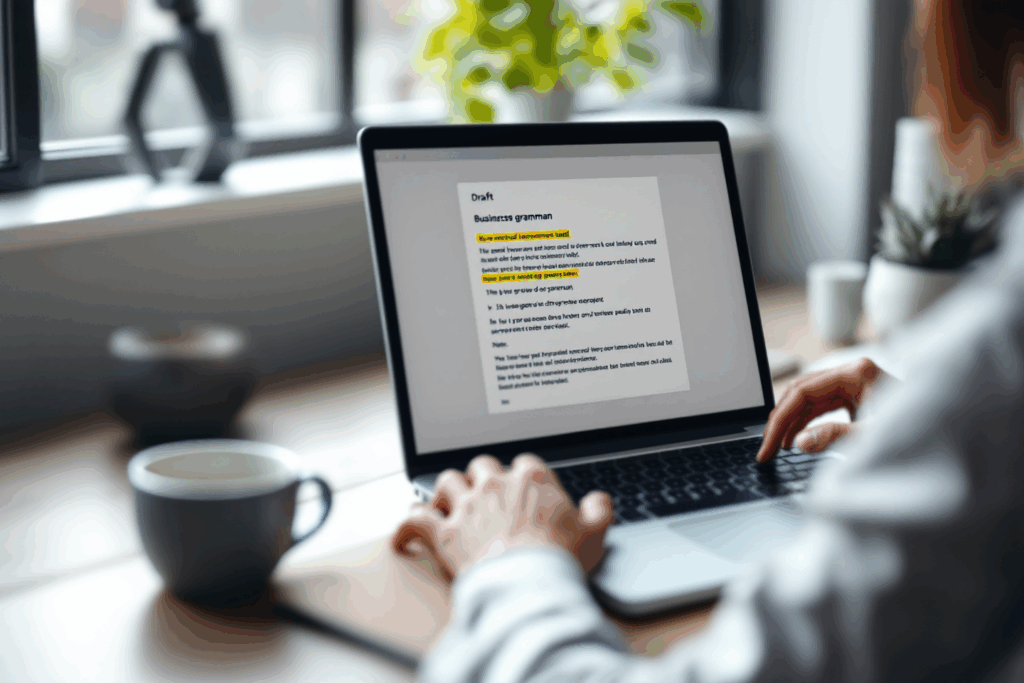
Present Simple Tense 1
English Blogs “Let’s Learn, Explore, and Connect to the World” Present Simple Tense 1 I. Introduction to the Present Simple Tense in English Mastering the



The ‘be going to’ construction in English is versatile and often used in various contexts to discuss future events. Understanding its specific uses is crucial for conveying intentions and plans accurately.
One of the primary uses of ‘be going to’ is to express actions that have been planned or intentions that have been decided upon before the moment of speaking. This usage indicates a certain level of preparation or thought about the future.
Examples:

I am going to start a new fitness regimen next month.

They are going to buy a new house in the countryside.
‘Be going to’ is commonly used for making predictions about the future, especially when there is current evidence or signs indicating that something will happen.
Examples:

Look at those dark clouds; it is going to rain soon.

Given the traffic, we are going to be late for the meeting.
This usage is particularly useful in scenarios where the speaker wants to base their prediction on observable facts or logical deductions.
This construction is also employed to describe events that are seen as inevitable or very likely to happen in the future, based on the current situation.
Examples:

With all this practice, you are going to win the competition.

They are going to be successful with such a fantastic idea.
 The choice to use ‘be going to’ often reflects more than just a grammatical decision; it involves the speaker’s perspective on the certainty and nature of the future event. It suggests a future that, in the speaker’s view, is almost already set in motion.
The choice to use ‘be going to’ often reflects more than just a grammatical decision; it involves the speaker’s perspective on the certainty and nature of the future event. It suggests a future that, in the speaker’s view, is almost already set in motion.
 In different cultural and linguistic contexts, the nuances of indicating future intentions can vary. In English, ‘be going to’ carries with it a sense of personal agency and a degree of certainty, making it a distinctive feature of expressing future plans.
In different cultural and linguistic contexts, the nuances of indicating future intentions can vary. In English, ‘be going to’ carries with it a sense of personal agency and a degree of certainty, making it a distinctive feature of expressing future plans.
 The ‘be going to’ construction is not just a way to speak about the future; it is a tool that reflects planning, certainty, and sometimes the inevitability of future events. Its correct usage is therefore pivotal in English communication, particularly in contexts where clarity about future intentions is essential. As we continue, we will explore how to form questions and negatives with ‘be going to’, along with common mistakes and tips for effective usage.
The ‘be going to’ construction is not just a way to speak about the future; it is a tool that reflects planning, certainty, and sometimes the inevitability of future events. Its correct usage is therefore pivotal in English communication, particularly in contexts where clarity about future intentions is essential. As we continue, we will explore how to form questions and negatives with ‘be going to’, along with common mistakes and tips for effective usage.

English Blogs “Let’s Learn, Explore, and Connect to the World” Present Simple Tense 1 I. Introduction to the Present Simple Tense in English Mastering the

English Blogs “Let’s Learn, Explore, and Connect to the World” Present Simple Tense 2 II. Understanding the Present Simple Tense Definition and Structure At its

Laugh and learn with ‘Comic Collections’ by Cassia North – a delightful dive into everyday conversations in professional and casual settings, now in a vibrant, humor-filled ebook. Perfect for all ages!



